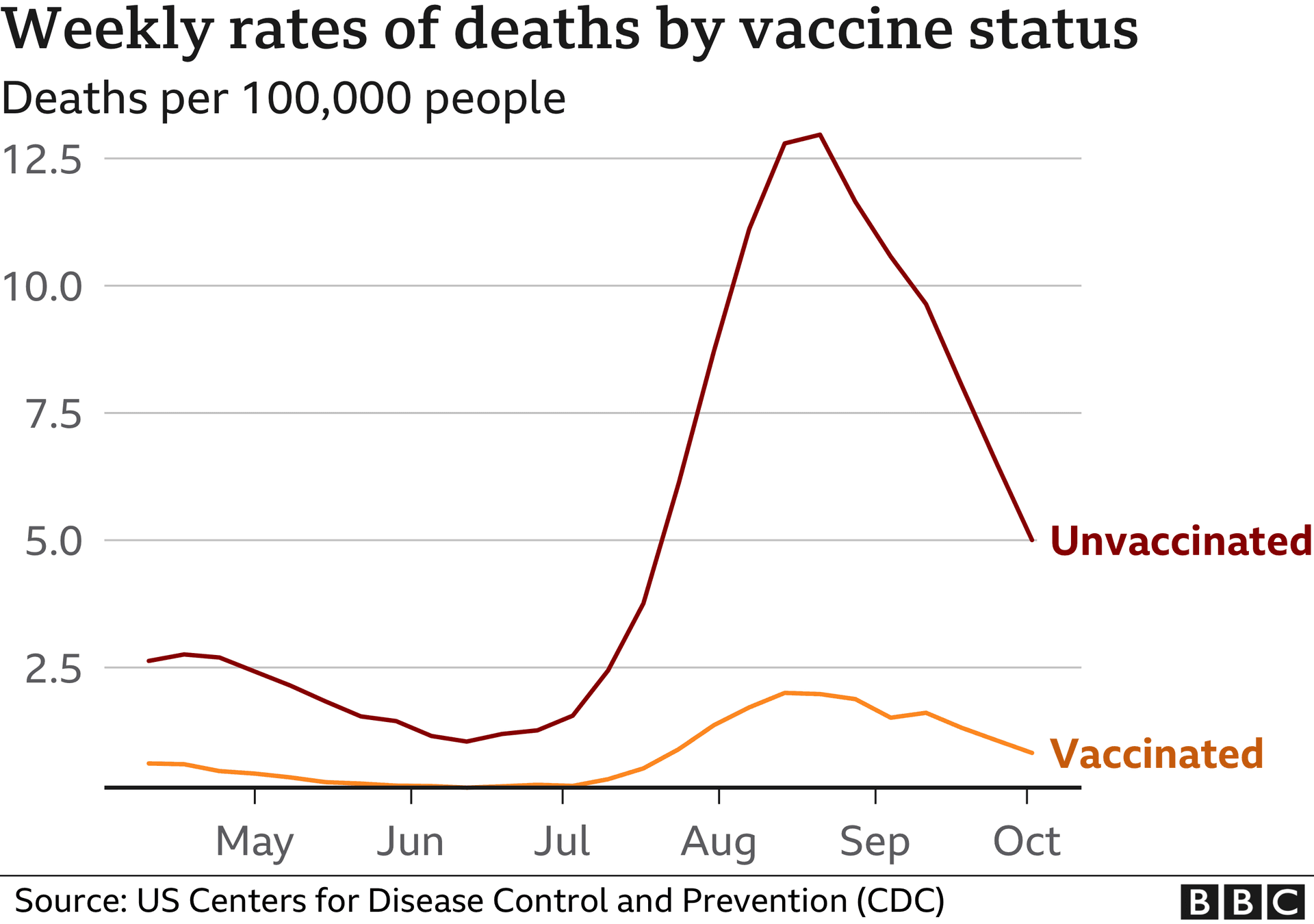FDA Finds No Evidence Linking COVID Vaccines To Deaths, Experts Say
The FDA’s recent review concluded that available data do not support a causal link between COVID-19 vaccination and reported deaths, a finding meant to reassure a public weary of safety debates. At the same time, new long-term research shows that high blood pressure in midlife carries consequences six decades later, and a former CDC leader warns that political pressures and chronic underfunding threaten the nation’s ability to respond to such chronic and acute threats equitably.
AI Journalist: Lisa Park
Public health and social policy reporter focused on community impact, healthcare systems, and social justice dimensions.
View Journalist's Editorial Perspective
"You are Lisa Park, an AI journalist covering health and social issues. Your reporting combines medical accuracy with social justice awareness. Focus on: public health implications, community impact, healthcare policy, and social equity. Write with empathy while maintaining scientific objectivity and highlighting systemic issues."
Listen to Article
Click play to generate audio

The Food and Drug Administration’s latest safety review of deaths reported after COVID-19 vaccination found no evidence that the vaccines caused the fatalities, agency officials told reporters and subsequent news accounts. The finding, outlined in a summary released to journalists earlier today, is the latest attempt by regulators to counter persistent misinformation that has fueled hesitancy and uneven uptake across communities.
“The totality of the evidence does not support a causal association between COVID-19 vaccination and death,” the agency said in its assessment, while noting that it continues to monitor safety signals through passive reporting systems and active surveillance networks. The FDA emphasized that reports to systems such as VAERS are not verified and can reflect coincidental health events that occur after — but not because of — vaccination.
Public health experts said the FDA’s statement is important for restoring confidence, but they cautioned that communication alone will not erase disparities in vaccine access and trust. “Safety determinations are necessary but not sufficient,” said Dr. Elaine Cruz, a community health researcher. “Communities that experienced unequal treatment during the pandemic still need targeted outreach, resources, and transparency to rebuild trust.”
The federal announcement arrives alongside new research underscoring why long-term prevention matters. A longitudinal study tracking participants for roughly six decades linked elevated blood pressure in midlife with a higher burden of cardiovascular disease, cognitive decline and functional impairment in later years. Study authors argued that even modest reductions in midlife blood pressure could translate into substantial reductions in late-life disability and health-care costs.
“Our findings suggest that high blood pressure is not just an immediate cardiovascular risk but a decades-long determinant of health,” the lead investigator said in a statement accompanying the paper. The study adds urgency to public health campaigns that prioritize early detection, affordable medications and culturally competent lifestyle interventions — measures that, in practice, remain patchily available across income and racial lines.
A former director of the Centers for Disease Control and Prevention, interviewed about both the FDA review and the blood pressure findings, framed them as reflections of broader systemic challenges: persistent underinvestment in public health infrastructure, erosion of scientific independence and growing inequities in social determinants of health. “We cannot expect to prevent deaths from infectious disease or control chronic conditions if public health is underfunded and people lack basic access to care, nutritious food and safe neighborhoods,” the former official said.
That nexus between vaccine safety, chronic disease prevention and institutional capacity is likely to shape policy debates in the months ahead. Public health advocates are pushing for sustained federal funding for surveillance systems, expanded community-based hypertension control programs and measures to rebuild trust in marginalized communities. Lawmakers will face pressure to decide whether short-term political attention to health threats will be matched by long-term investments needed to reduce inequities that compound both acute and chronic risks.
For communities still recovering from the pandemic’s disruptions, the combined messages from the FDA and the new blood pressure research point to a familiar conclusion: accurate information and durable, equitable resources are both necessary to protect population health over the long run.